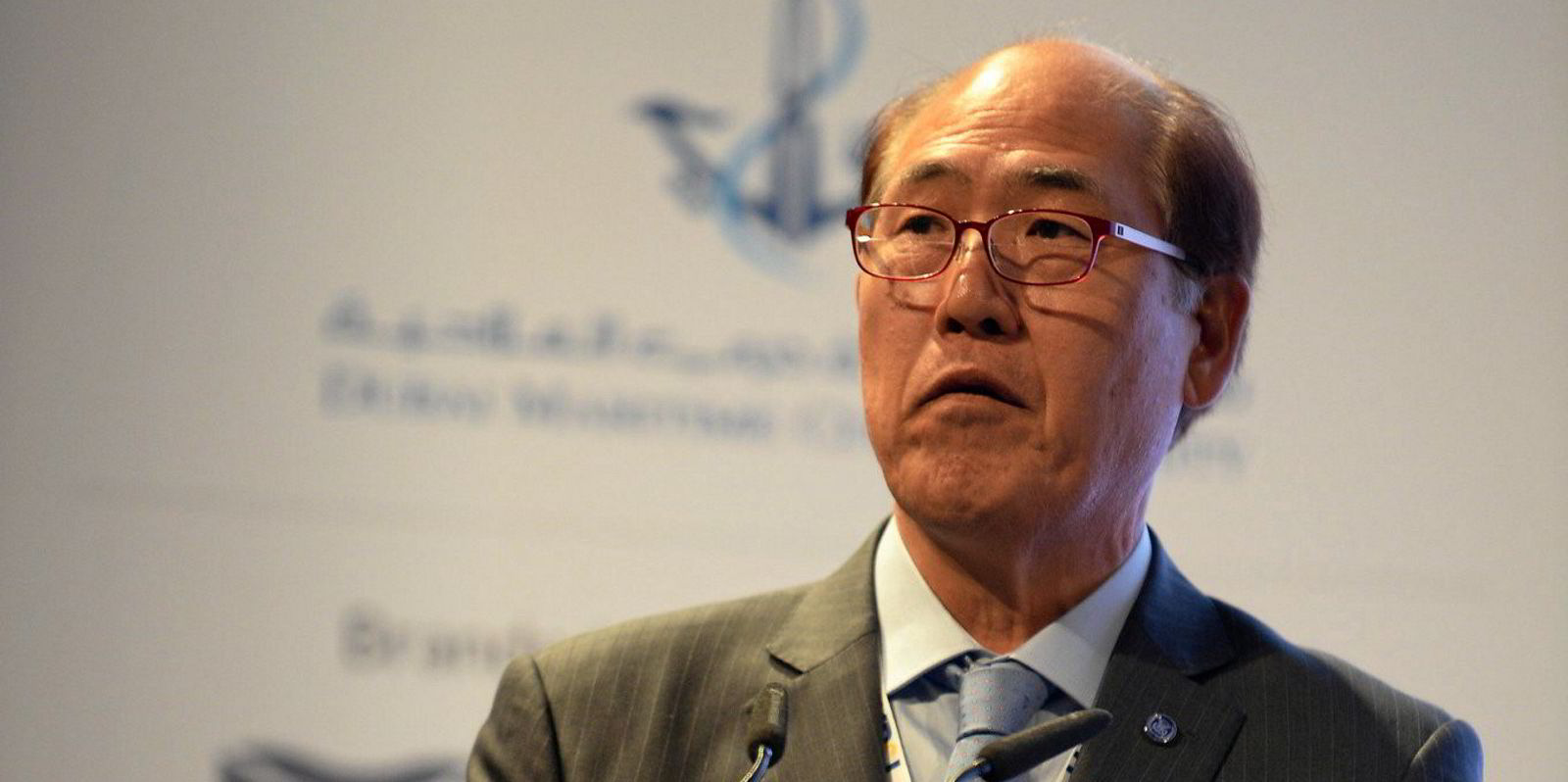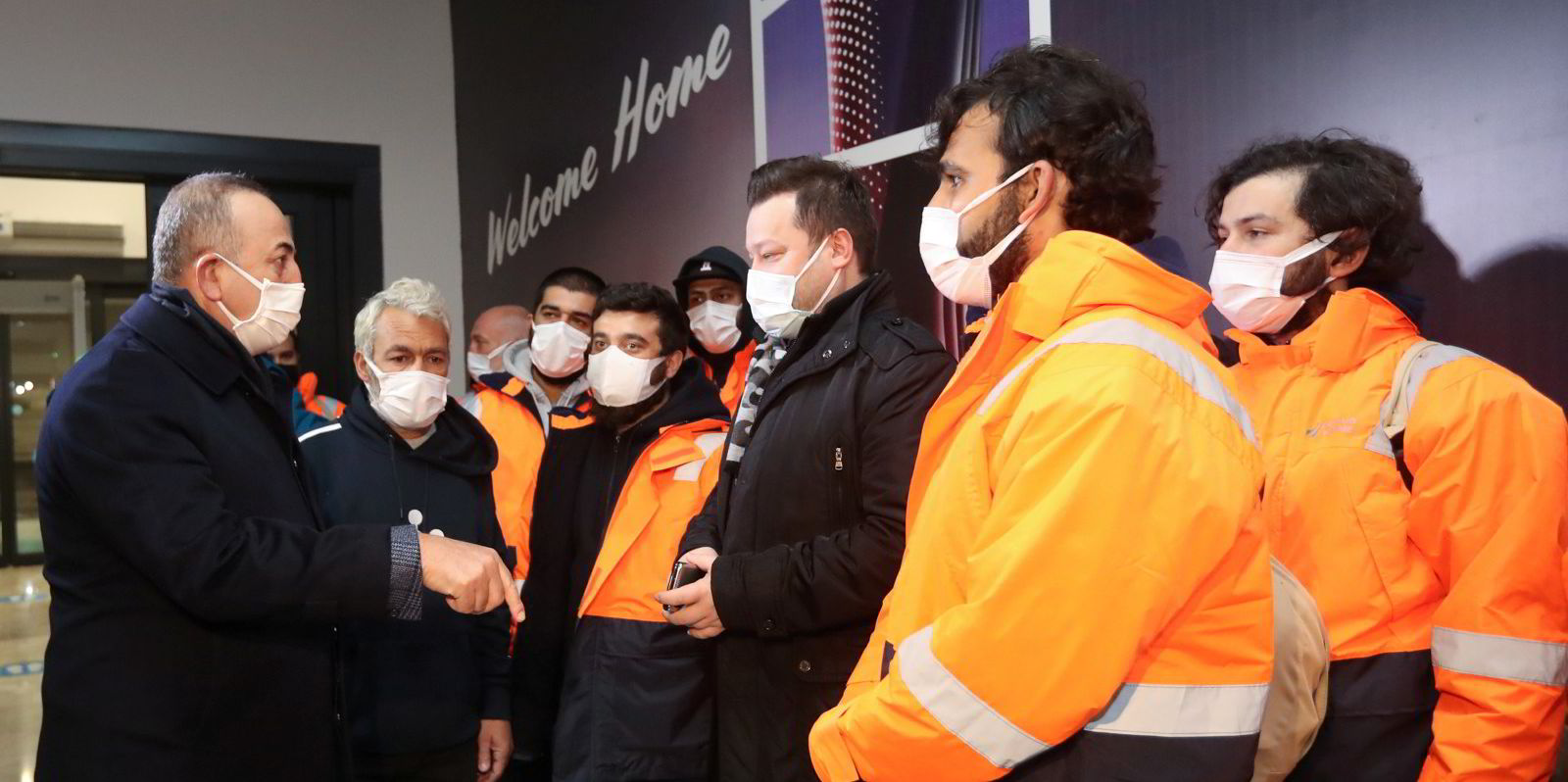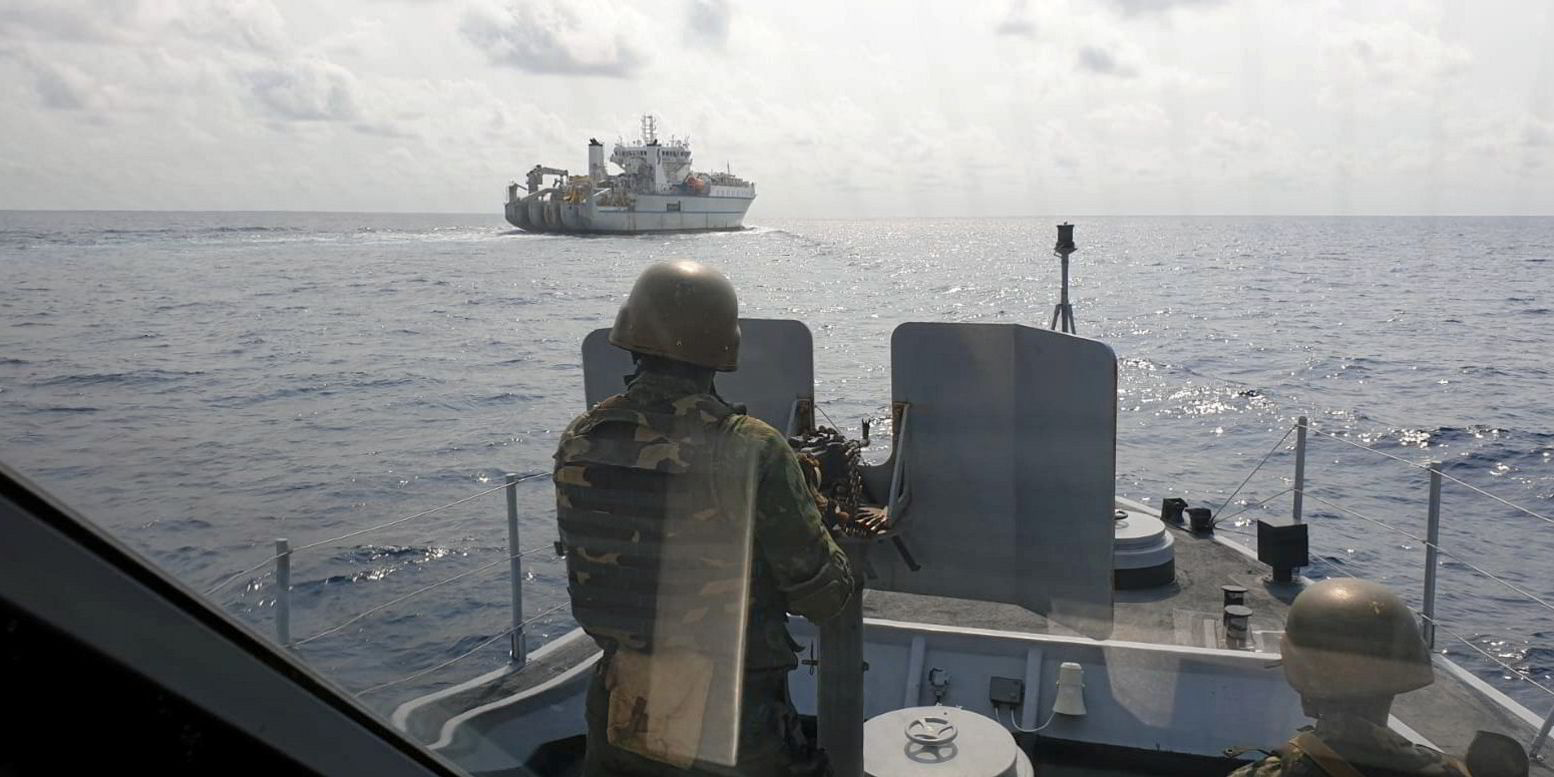The International Maritime Organization is urging cooperation as piracy spikes in the Gulf of Guinea.
IMO Secretary-General Kitack Lim expressed "deep concern" about the increasing number of incidents in the waters off West Africa, including the fatal attack on the 2,824-teu boxship Mozart (built 2007), in a circular published last week.
"The illicit incidents in the Gulf of Guinea present a serious and immediate threat to the safety and security of crews and vessels operating in the region," the circular said.
"IMO is taking action to enhance the coordination of initiatives among stakeholders, including facilitating meetings with representatives of the industry, the Nigeria Maritime Administration and Safety Agency and the Interregional Coordination Centre."
The UN-backed global shipping regulator said ships should implement its best maritime practices for the region as it works with nearby member states.
The IMO will also hold a maritime security working group on the Gulf of Guinea at the next maritime safety committee session in May.
The attack on the Borealis Maritime-owned Mozart on 23 January was the highest-profile pirate incident in recent memory, with 15 crew captured after a five-hour siege on the ship's citadel.
In the aftermath, the captain said the pirates were "constantly" firing, eventually hitting second mechanic Farman Ismayilov in the stomach, killing him.
Spate of attacks
This was followed up by four days of attacks by what security sources reported was the same group of pirates around Sao Tome and Principe.
The pirates first boarded a tanker on 6 February before hijacking a fishing boat the next day. The pirates then used it as a mothership for three more attacks on 8 and 9 February before appearing to abandon it by 12 February.
The Gulf of Guinea has become increasingly dangerous in recent years. The International Maritime Bureau said the rise of kidnappings in the waterway is "unprecedented".
In the fourth quarter of 2019, 39 crew were taken, hostage. The trend continued in 2020, with 135 kidnapped from their ships, representing 95% of all abductions globally.
Of those attacks, more than 80% were said to have involved armed pirates.
The security concerns have prompted the European Union to move forward with a plan for a military presence in the region alongside attempts from Nigeria — the Gulf of Guinea's largest littoral state and Africa's largest economy — to reign in piracy.







